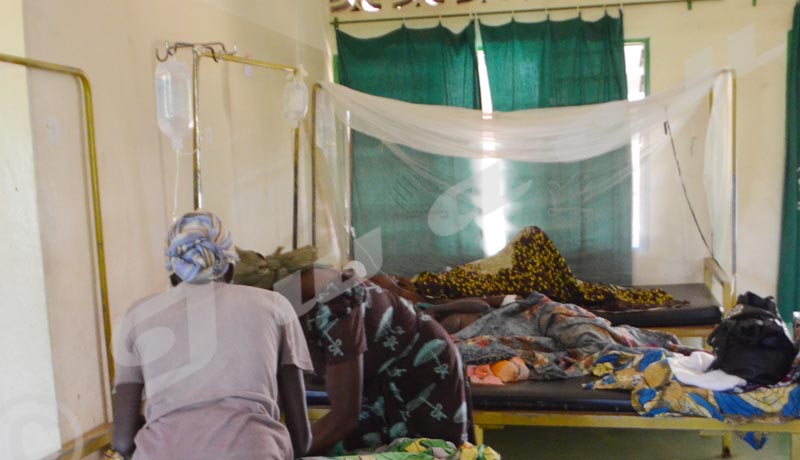Thaddée Ndikumana, Minister of Public Health reports that the number of malaria cases has significantly increased these days even if it hasn’t reached yet the level of an epidemic. “The number of malaria cases increase in January, February and March in the Sub-Saharan region due to the climate changes,” he says.

Pregnant women and children of under five are the most targeted
The Health Minister singles out Kirundo and Muyinga provinces as well as Kinyinya Health district as the areas where there is an increase in malaria cases following the return of a big number of people from the neighboring countries. “There are also many mosquitoes due to activities undertaken in the rice fields”, he says. In Muyinga province, about 20,000 cases were reported in November while 35,000 others were recorded in December 2017.
The ministry plans to spray all households to kill all mosquitoes and sensitize people to the danger of malaria. Thaddée Ndikumana says they play an important role in the fight against this threat. “Some people use their mosquito nets in fishing while other consult witchdoctors instead of going to health centers”, deplores the minister. He also says the medical treatment is free of charge for children under five and pregnant women. “They must get benefit of these advantages and go to hospital in time”, he says.
The public health ministry also expects to work with other ministries involved in that struggle. “We cannot succeed when we work alone”, he says.
In March 2017, malaria was declared an epidemic in Burundi when about 800 people died of the disease in 2017 first term. The country had previously declared a malaria epidemic in 2002.



















 IWACU Open Data
IWACU Open Data

